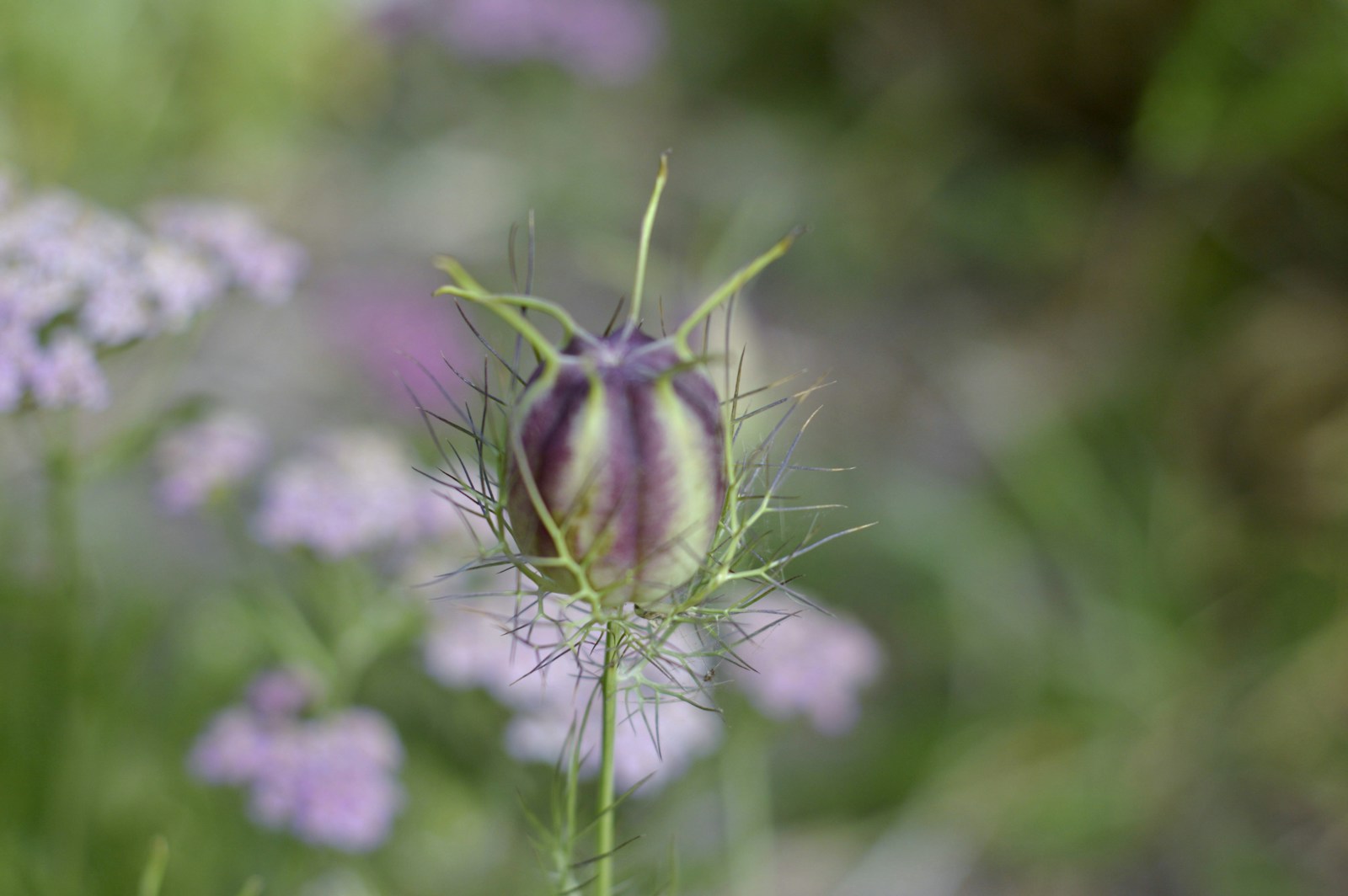
semilla

seed
The Spanish word 'semilla' translates to 'seed' in English. It is often used in horticultural and botanical contexts, referring to the small object produced by plants from which new plants can grow. 'Semilla' can also be used metaphorically in a similar way as 'seed' in English, to refer to the inception or starting point of an idea, a plan, etc.
Example sentences using: semilla
Cuando la semilla crece, produce frutas

When the seed grows, it produces fruit
This sentence uses a time clause introduced by 'when' to illustrate cause and effect.
Mi padre planta la semilla en el jardín

My father plants the seed in the garden
This phrase demonstrates a simple present tense action and highlights the use of direct objects.
La semilla de esta fruta es very small

The seed of this fruit is very small
This phrase demonstrates the use of the possessive conjunction 'of' in a physical attribute context.
Ella guarda la semilla para la próxima temporada

She saves the seed for the next season
It highlights the use of the preposition 'for' to express intention and future actions.
La niña encuentra una semilla misteriosa

The girl finds a mysterious seed
This illustrates the use of adjectives in Spanish
Esta semilla puede germinar rápidamente

This seed can germinate quickly
It emphasizes potential possibilities through the use of modal verbs.
El agricultor vende semillas variadas

The farmer sells varied seeds
This phrase shows the plural form of a noun and its corresponding agreement with plural verbs and adjectives.
El clima afecta la germinación de la semilla

The weather affects the germination of the seed
This phrase explains that in Spanish the object pronoun is often placed before the verb.
El pájaro picotea la semilla en el suelo

The bird pecks the seed on the ground
This sentence demonstrates in Spanish that prepositional phrase can add detail to the location.
La semilla necesita agua para germinar

The seed needs water to germinate
This sentence explains that the Infinitive verbs can be used to explain reasons or causes.